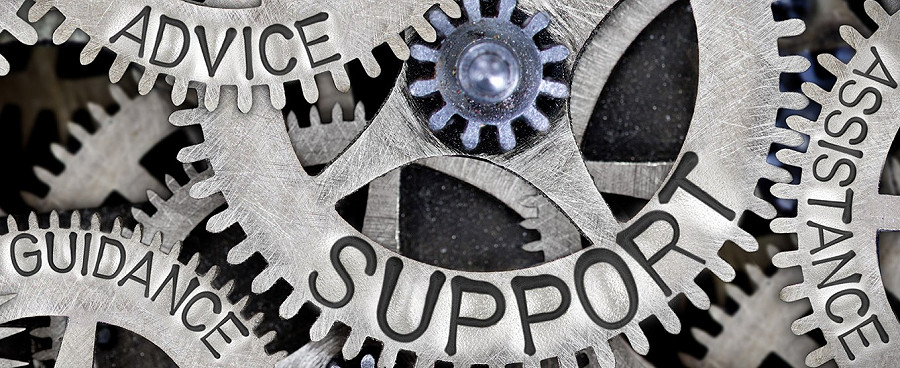Perfecting your Interview Skills
Reasearch and be prepared, Job description, Your CV, Journey, First Impressions and Questions.

Reasearch and be prepared
If you are knowledgeable about the company you are interviewing with, you will come across as proactive and committed.
Visit the company website for up-to-date information.
Research who you are meeting. You may be able to find information on LinkedIn profiles, Google searches & Wikipedia.
Job description
Before the interview, familiarise yourself with the role. Consider the key skills and experience necessary for the role, thinking of examples that highlight your own strengths in each area.
For all the examples you give, consider the situation, the action you took and the positive effect it had. For example, if team work is important to the role, the interviewer will be looking for you to give actual examples of when you had to work as part of a team.
The line of questioning could include:
Give an example of when you worked as part of a successful team.
What made the team successful?
Do you prefer to work alone or as part of a team?
Whatt do you think makes a good manager?
Your CV
Be prepared to talk in more detail about your CV experience and how it can be applied to the new role.
If you have gaps in your CV, make sure you can give positive explanations such as travel, school, maternity leave, etc.
Plan your journey
Aim to arrive 10 minutes early.
Obtain clear directions and plan your route in advance. If you are delayed for any reason, endeavour to contact the company to inform them of your delay. Make sure you have the main contact number for the company as the Interviewer may be unavailable.
Remember to leave plenty of time for the interview itself.
First impressions last
An interviewer is likely to want someone who will best represent their company, so dress smartly and professionally. A suit is usually advisable unless otherwise advised.
Consider the following:
A firm handshake demonstrates you are assertive.
Smiling says, "I'm friendly and enthusiastic".
Regular eye contact shows you are confident and alert.
Avoid appearing nervous by maintaining an open stance, as well as refraining from folding your arms and fidgeting.
Interview questions
The interviewer will take the lead, which you should follow, both in the direction of the interview and its tone.
Bear the following guidelines in mind:
Concentrate and listen very carefully to the questions.
Take time to formulate a clear and concise answer. Feel free to ask for a question to be repeated if you do not understand or for more time to answer, if required. Provide only factual experiences or qualifications.
Speak confidently and remember to sell yourself.
Do not appear negative by criticising any previous employers, managers or team members.
To help with your preparation, these are some of the most commonly required competencies: motivation and enthusiasm, team working, communication, flexible and adaptable, using own initiative and willing to learn.
Questions for you to ask
An interview is the employer's opportunity to find out about you, but it is also your chance to see if the position is right for you.
Even if the interviewer has answered most of your questions, always end on asking a question to show your interest and that you have taken the interview seriously.



